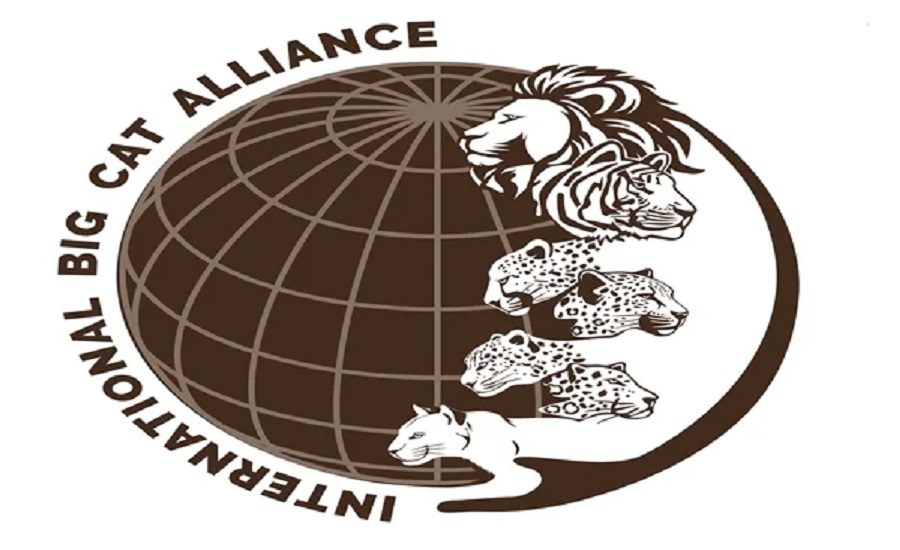In a significant milestone for global wildlife conservation, the Framework Agreement for the establishment of the International Big Cat Alliance (IBCA) has officially come into force as of 23rd January 2025. The IBCA, along with its Secretariat, has now transitioned into a full-fledged treaty-based inter-governmental organization, marking a historic step in the global effort to conserve the world’s big cats.
The Ministry of External Affairs (MEA) of India, acting as the Depository of the Framework Agreement, confirmed that five countries—Nicaragua, Eswatini, India, Somalia, and Liberia—have deposited the instruments of ratification, acceptance, and approval, officially joining the IBCA. As of now, 27 countries, including India, have consented to be part of the initiative. Additionally, several international and national organizations dedicated to wildlife conservation have also partnered with the IBCA.
Delighted to inform that the @MEAIndia has confirmed the Framework Agreement on establishment of the International Big Cat Alliance @IBCA_official which now officially comes into force. pic.twitter.com/wC9bNS1FJl
— National Tiger Conservation Authority (@ntca_india) February 3, 2025
About the IBCA
Launched by Indian Prime Minister Narendra Modi on 9th April 2023 during the event ‘Commemorating 50 years of Project Tiger,’ the IBCA was created with a mission to protect seven iconic big cat species: Tiger, Lion, Leopard, Snow Leopard, Cheetah, Jaguar, and Puma. These species, spread across multiple continents, will benefit from the collective efforts of all United Nations member countries, as well as non-range countries interested in supporting big cat conservation.
The establishment of the IBCA was formally approved by the Union Cabinet of India on 29th February 2024, with the organization’s headquarters located in India. The IBCA operates under the aegis of the National Tiger Conservation Authority (NTCA) of the Ministry of Environment, Forest & Climate Change (MoEFCC).
Read Also: 1000 Lions & 5000 Tigers… Coming Soon
Goals and Objectives
The primary objective of the IBCA is to create synergy among stakeholders involved in wildlife conservation, fostering collaboration and consolidating successful conservation practices. By leveraging financial support, the IBCA aims to halt the decline in big cat populations and reverse the troubling trends impacting these species.
The IBCA will serve as a collaborative platform that facilitates the sharing of best practices in big cat conservation, offering access to a central repository of technical knowledge and funds. It will also strengthen existing species-specific conservation platforms, networks, and transnational initiatives. One of its key goals is to mitigate the adverse effects of climate change on big cats and secure the future of these species in the wild.
Read Also: India Showcases Big Cat Conservation Milestones at CITES Standing Committee Meeting
With the official formation of the IBCA, international cooperation in big cat conservation is set to reach new heights, making this an exciting chapter in the global effort to protect these majestic animals.






























